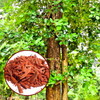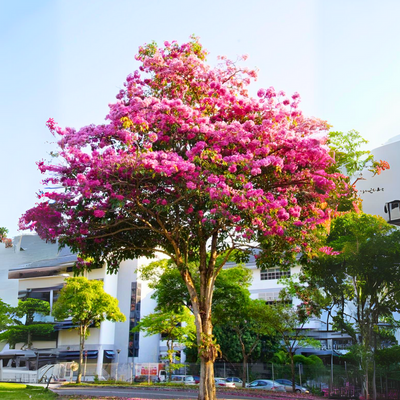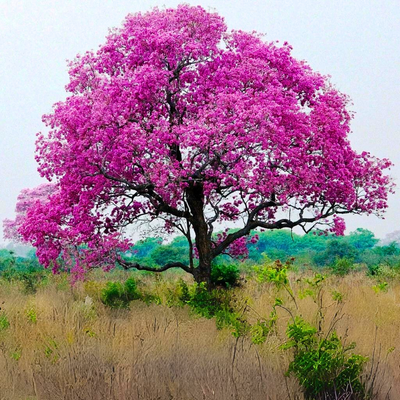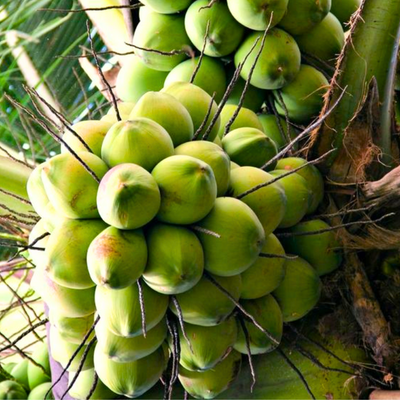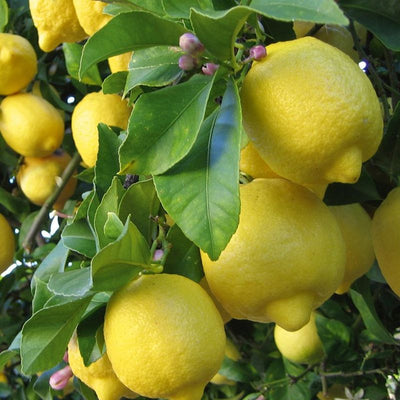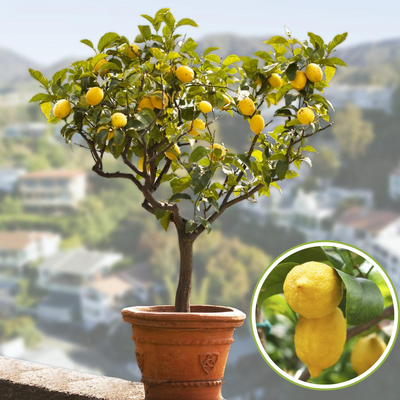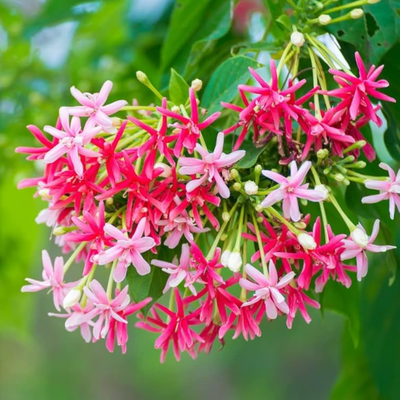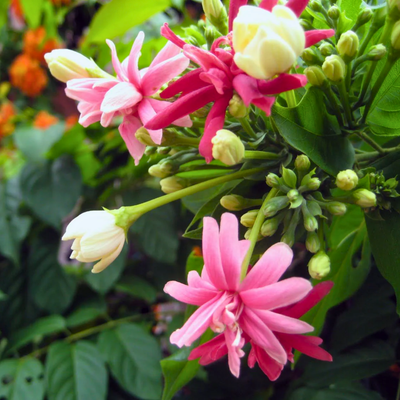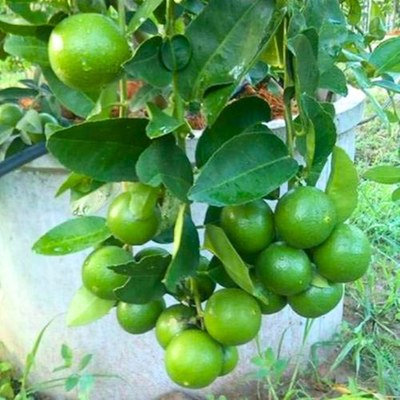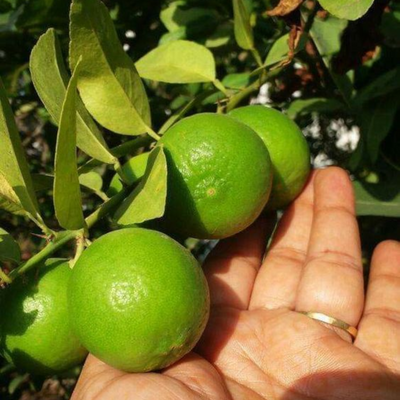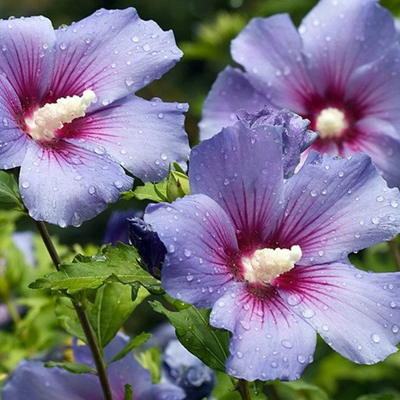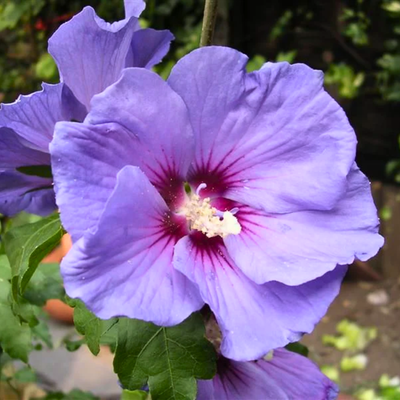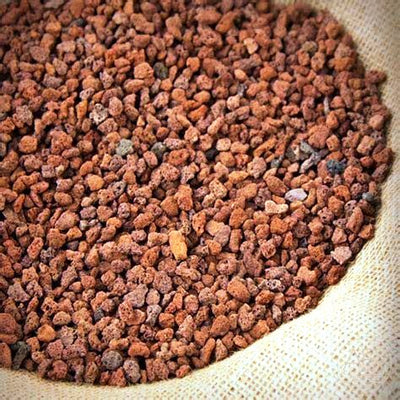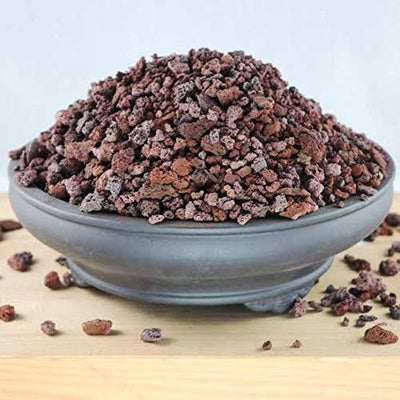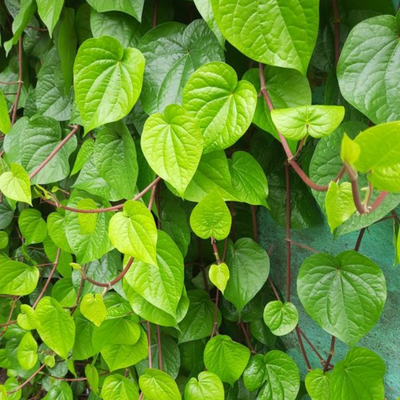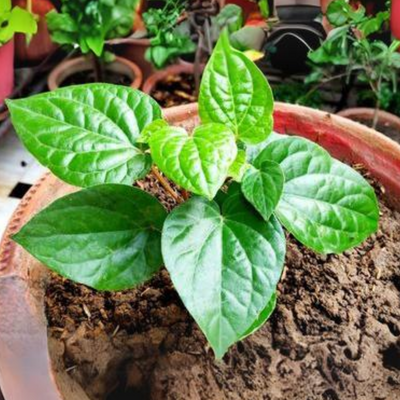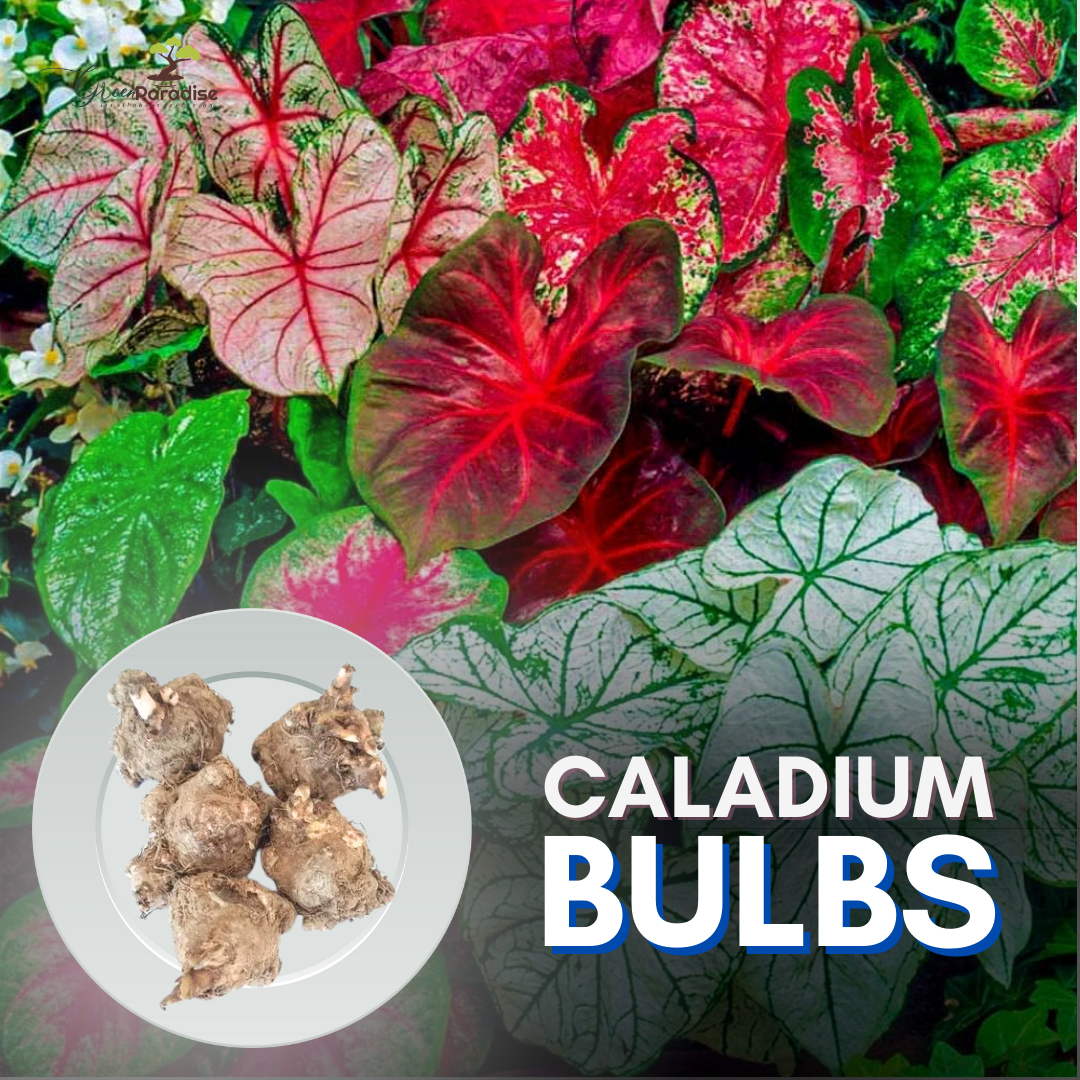
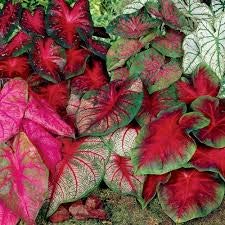
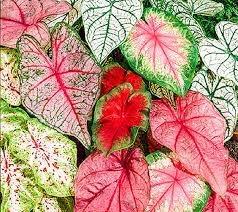
caladium flower bulb-pack of 5 pcs| gardening for home, kitchen, outdoor/indoor|MIXED COLOUR
Guaranteed Safe Checkout
Caladium Flower Bulbs: Nature's Artistic
Masterpiece
About Caladium Flower Bulb
Nature's bountiful beauty never ceases to amaze us, and the Caladium flower bulb is a prime example of this artistic brilliance. Known for its vibrant and captivating foliage, the Caladium plant is an enchanting addition to any garden or indoor space. In this article, we will delve into the fascinating world of the Caladium flower bulb, exploring its origins, characteristics, and tips for nurturing these mesmerizing plants.
A Glimpse into History
- The lush South American rainforests, especially those in Brazil and Colombia, are where the caladium flower bulb first appeared.
- Discovered in the late 18th century by explorers, these exquisite plants instantly caught the attention of botanists and horticulturists due to their unique and ornamental leaves.
A Kaleidoscope of Colors
- What sets the Caladium flower bulb apart is its kaleidoscope of colors.
- The heart-shaped leaves, available in various shades of green, red, pink, and white, display intricate patterns and veins that resemble a painter's masterpiece.
- Whether you choose the bold and striking varieties or the delicate and pastel ones, these plants are sure to be a sight to behold.
Versatility in Planting
- Caladium flower bulbs thrive both indoors and outdoors, making them a versatile choice for gardening enthusiasts.
- When planting outdoors, it is essential to select a shaded area with well-draining soil.
- These plants prefer indirect sunlight to maintain their lush foliage.
- For indoor cultivation, pots with rich, airy soil are ideal, and a spot with bright but indirect light is best.
Nurturing Caladiums with Love
- To ensure the vibrancy and health of Caladiums, a little love, and care go a long way.
- Adequate watering is crucial; however, overwatering should be avoided as it can lead to rot.
- A good rule of thumb is to water the plants when the topsoil feels dry to the touch.
- Regular fertilization during the growing season will also promote robust growth and colorful leaves.
Coping with Seasonal Changes
- Caladium flower bulbs are sensitive to extreme temperatures, preferring a warm and humid climate.
- They thrive in USDA hardiness zones 9 to 11, but if you live in colder regions, you can still enjoy these marvelous plants during the warmer months.
- To preserve the bulbs during winter, it is advisable to lift them from the ground and store them in a cool, dry place.
Companion Planting
- Embrace the beauty of diversity by pairing Caladium flower bulbs with complementary plants.
- The lush foliage of ferns and hostas provides an excellent backdrop for the striking Caladium leaves.
- Additionally, combining them with other shade-loving flowering plants like impatiens and begonias creates a charming and vibrant garden display.
Common Pests and Diseases
- Though resilient, Caladium flower bulbs may face some challenges.
- Aphids and spider mites are potential pests that can affect their health.
- Regular inspection and early intervention with organic insecticides can help prevent infestations.
- Additionally, avoiding waterlogged soil can prevent root rot and other fungal diseases.
A Splash of Beauty: A Comprehensive Guide on Growing Caladium Flower Bulb Plants
The caladium flower bulb plant, known for its vibrant and eye-catching foliage, is a true delight for gardeners seeking to add a splash of beauty to their outdoor spaces or indoor plant collections. With their heart-shaped leaves in various shades of green, red, pink, and white, caladiums create a stunning display that captivates the eye. Cultivating these tropical beauties may seem challenging, but with the right knowledge and care, anyone can successfully grow caladiums and enjoy their enchanting presence year after year.
Choosing the Right Caladium Bulbs
- Before embarking on your caladium growing journey, it's essential to select high-quality bulbs for the best results.
- Look for plump, firm bulbs with no signs of decay or mold. Larger bulbs generally produce more leaves, but smaller ones can catch up with time.
- Pay attention to the bulb size and potential growth height, as some varieties may grow taller than others.
Optimal Planting Time
- Warm-weather plants called caladiums thrive in temperatures between 21°C to 85°C (70°F to 70°F).
- In colder regions, they are often grown as annuals or can be dug up and stored indoors during the winter.
- Plant caladium bulbs outdoors after the last frost date in your area.
- For indoor planting, anytime is suitable, provided you can maintain the recommended temperature range.
Selecting the Right Location
- Caladiums prefer bright, indirect light or filtered sunlight.
- Plant them in areas where they receive a few hours of morning sun, but are shaded from direct afternoon sunlight.
- Too much sun can scorch the leaves, while too little light may result in fewer and smaller leaves.
- If you're growing caladiums indoors, place them near a window with filtered light or use fluorescent grow lights.
Preparing the Soil
- The success of your caladiums largely depends on well-draining, nutrient-rich soil.
- They prefer slightly acidic to neutral soils with a pH of 5.5 to 7.0. Compost or well-rotted manure is good organic material to add to the soil to improve its fertility and structure.
- Proper soil preparation ensures healthy root development and vigorous growth.
Planting Caladium Bulbs
- Plant the caladium bulbs with the "eyes" facing up, about 2 to 3 inches deep in the soil, and space them 8 to 12 inches apart.
- Pat the soil gently around the bulbs to avoid damaging them.
- If you're planting them in containers, ensure there are drainage holes to prevent waterlogging.
Watering and Humidity
- Caladiums thrive in a humid environment, so it's essential to keep the soil consistently moist, but not waterlogged.
- Water the plants regularly, especially during hot and dry periods, and ensure proper drainage to prevent root rot.
- Mist the leaves occasionally or place a tray filled with water and pebbles nearby to maintain humidity for indoor caladiums.
Fertilizing
- To encourage robust growth and vibrant foliage, apply a balanced, water-soluble fertilizer every 4 to 6 weeks during the growing season.
- Follow the manufacturer's instructions for application rates to avoid overfertilizing, which can lead to leaf burn.
Pruning and Deadheading
- Remove any yellow or damaged leaves as soon as you notice them.
- Regularly deadhead the flowers, if present, to encourage the plant to put more energy into leaf growth rather than seed production.
Overwintering
- In regions with frosty winters, dig up the caladium bulbs before the first frost.
- Gently remove any excess soil and let the bulbs dry for a few days.
- Over the winter, keep them in a dry, cold spot.
- Replant them outdoors after the danger of frost has passed.
Conclusion
With their striking colors and patterns, caladium flower bulb plants offer a unique charm that transforms any garden or indoor space into a mesmerizing oasis. By providing the right conditions, including optimal light, soil, and regular care, you can enjoy these tropical beauties throughout the growing season. Embrace the journey of nurturing caladiums, and you will be rewarded with a stunning display of nature's artistic prowess. Happy gardening!


